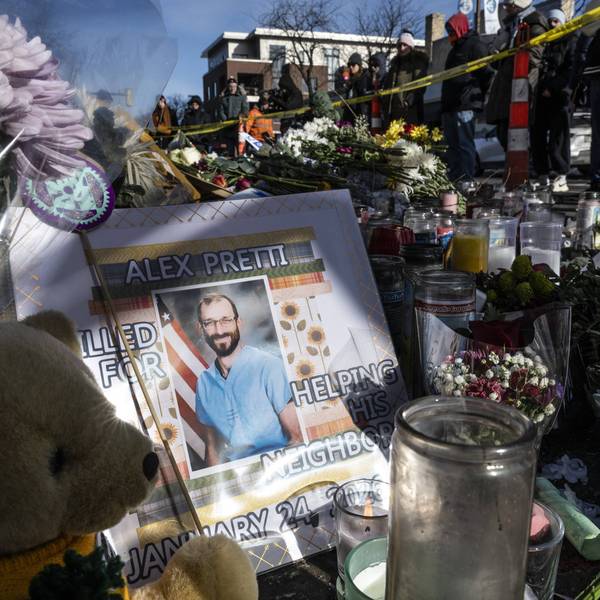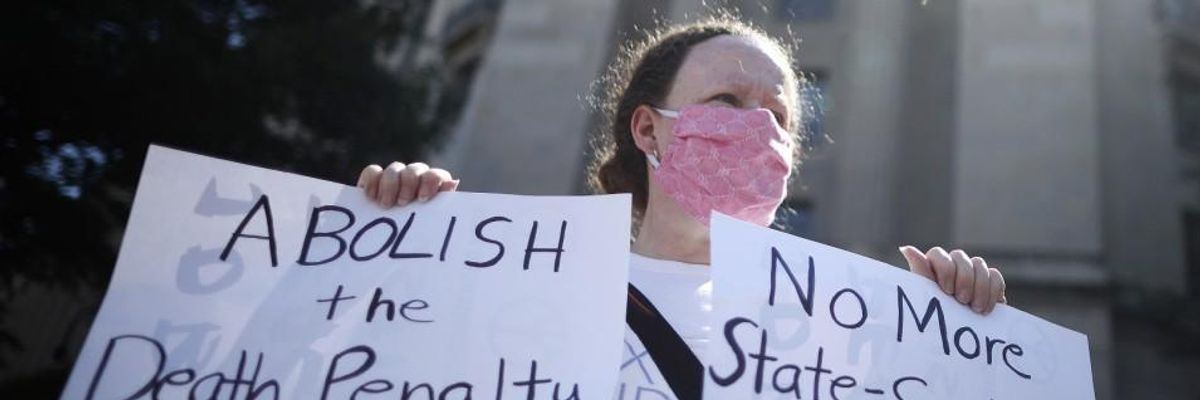In July 2020, the Trump administration ended a 17-year moratorium on the federal death penalty. By the time the president exited the White House on Jan. 20, 2021, 13 inmates had died at the hands of a federal executioner in the span of just six months.
There are many reasons to end the federal death penalty. It does not serve as an effective deterrent to violent crime, capital cases are expensive to litigate, like our larger judicial system, it is rife with racial inequity and once it is rendered, it is irrevocable, no matter how unjust.
No other human rights concern is raised more consistently with the United States by our European allies than the death penalty, which our closest friends compare to torture.
Perhaps most importantly, the United States has publicly and repeatedly committed to preserving human rights and fundamental freedoms for all people, through our membership in the Organization for Security and Cooperation in Europe and elsewhere. The death penalty simply cannot be reconciled with these promises to value and protect democracy, the rule of law and impartial justice.
By eliminating the federal death penalty, Congress can demonstrate that the United States is once again a nation that lives up to our values and our promises to make the world better and lead by example--an opportunity met with derision by the last administration.
No other human rights concern is raised more consistently with the United States by our European allies than the death penalty, which our closest friends compare to torture. According to the European Union, the death penalty is "the ultimate cruel, inhuman and degrading punishment."
Nearly every other country in the OSCE region--even Russia and Turkey--has repealed or established moratoria on capital punishment. Among the OSCE's 57 participating States, only two still impose a judicial sanction of death: the United States and Belarus.
Outside the OSCE region, our company among those that impose the death penalty is no better. According to Amnesty International, the world's leading executioners include China and Iran. U.S. allies like Australia and South Korea have rejected the death penalty.
The values gap between America and our allies has consequences. For example, other NATO members will not send criminal suspects here if they face capital punishment. Last October, the United States secured the long-sought extradition from Britain of two alleged ISIS terrorists only once the U.S. Department of Justice finally agreed not to pursue a sentence of death.
Ending the death penalty should be part of comprehensive justice reform in the United States and part of our current reckoning with racial inequality. More than half of the states across our nation have abolished the death penalty or halted executions.
Most recently, Virginia legislators voted in February to end the death penalty. Upon introducing the legislation, Gov. Ralph Northam noted racial disparities and cited the case of Earl Washington, a man who came nine days away from being executed but was cleared by DNA evidence not available at his trial. Washington was eventually pardoned by then-Gov. Jim Gilmore--most recently the U.S. Ambassador to the OSCE--who saved an innocent man from irreparable injustice.
Now it is time for Congress to end the death penalty at the federal level.




